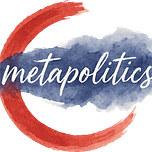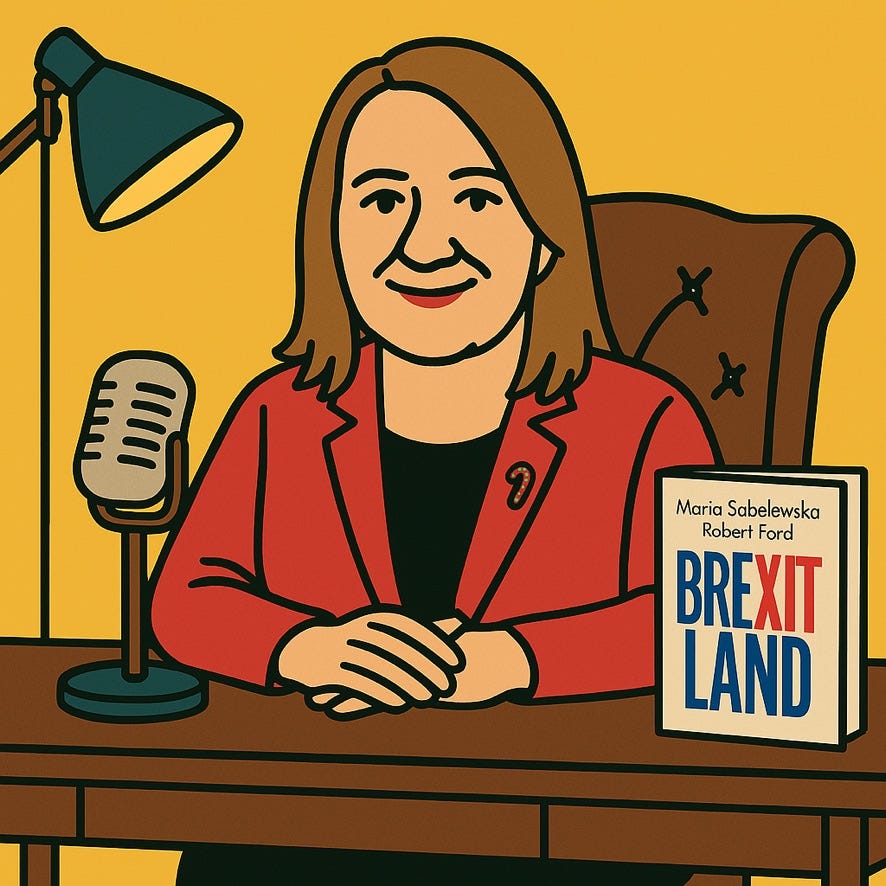Professor Maria Sobolewska is Professor of Political Science at the University of Manchester. Her research focuses on the ethnic profile of the British public and how changes in this profile have influenced electoral politics in Britain. She is co-author of the influential book "Brexitland," which examines how two major social trends—the expansion of higher education and increased immigration—have reshaped Britain's political landscape.
Episode Summary
In this thought-provoking conversation, Professor Sobolewska unpacks the complex social and demographic changes that have transformed British politics, particularly in relation to Brexit and recent elections. She discusses how education and immigration have created new political dividing lines and identity-based voting patterns.
Key themes explored in this episode include:
Educational Expansion and Liberalism: Professor Sobolewska explains how the growth of higher education since the 1960s has contributed to increasingly liberal social attitudes across British society, though with significant variations between educational groups.
Immigration and Cultural Change: The discussion examines two major waves of immigration to Britain—post-colonial migration after WWII and EU expansion-related migration from post-communist countries—and how these have reshaped both demographics and politics.
Ethnocentrism and Political Identity: Sobolewska introduces the concept of ethnocentrism as a psychological tendency affecting political attitudes, arguing that it underlies both anti-immigration sentiment and resistance to what is often termed "woke" politics.
The Brexit Divide: The conversation explores how Brexit represented a turning point where identity politics temporarily overshadowed economic concerns, though recent elections suggest a partial return to traditional economic voting.
Multiculturalism in Modern Britain: Professor Sobolewska offers an optimistic assessment of Britain's multicultural status while acknowledging ongoing challenges, including different forms of backlash from both white communities and some ethnic minorities.
Takeaways
The expansion of higher education has led to more liberal political values.
Ethnic diversity in Britain has significantly influenced political dynamics.
Liberal values have been on the rise since the 1960s.
Political parties have adapted to changing voter demographics and values.
Ethnocentrism is a common psychological tendency that affects political attitudes.
Cultural backlash against diversity is a significant political force.
Identity politics played a crucial role in the Brexit referendum.
The relationship between immigration and political sentiment is complex.
Voter attitudes towards immigration are often tied to broader cultural issues.
The future of British politics will continue to be shaped by identity and economic issues.
Chapters
00:00 Introduction to MetaPolitics Podcast
01:22 Understanding Brexitland: Key Trends in British Politics
07:17 The Impact of Education on Political Values
12:10 Liberalism and Party Affiliation Dynamics
17:11 Ethnocentrism and Its Role in Political Sentiment
23:40 The Intersection of Immigration and Culture Wars
30:04 Multiculturalism in the UK: Optimism and Challenges
33:14 The Pushback Against Multiculturalism
35:51 Identity Politics: A Turning Point in British Politics
42:27 The Role of Economics in Political Identity
47:24 Comparing Perspectives: Goodhart vs. Sobolewska
52:30 Ethnocentrism: Group Attachments and Political Implications
Keywords:
Brexit, ethnic diversity, higher education, political values, liberalism, immigration, identity politics, ethnocentrism, cultural backlash, UK politics







Share this post